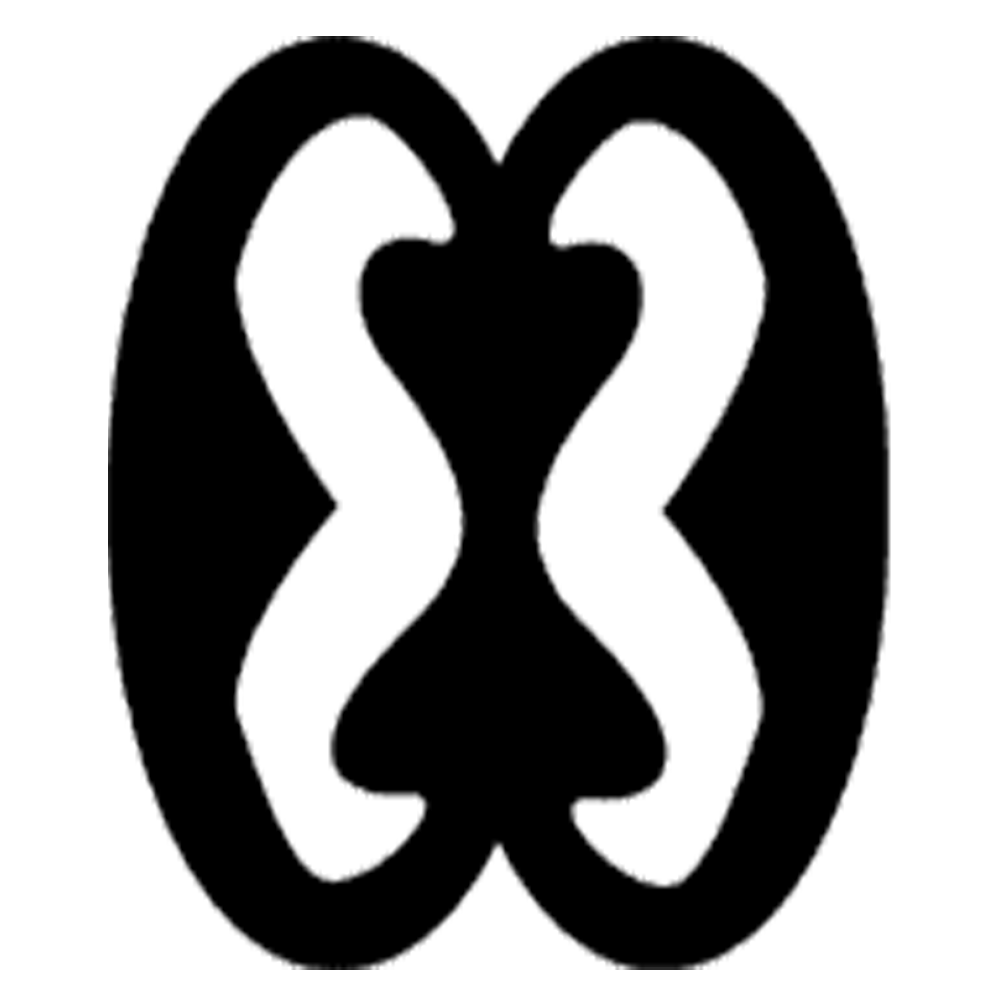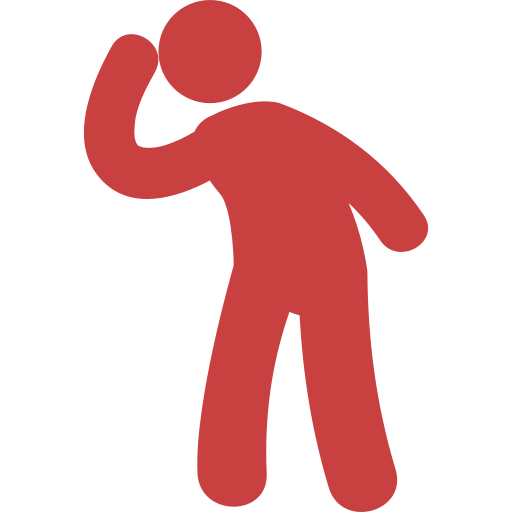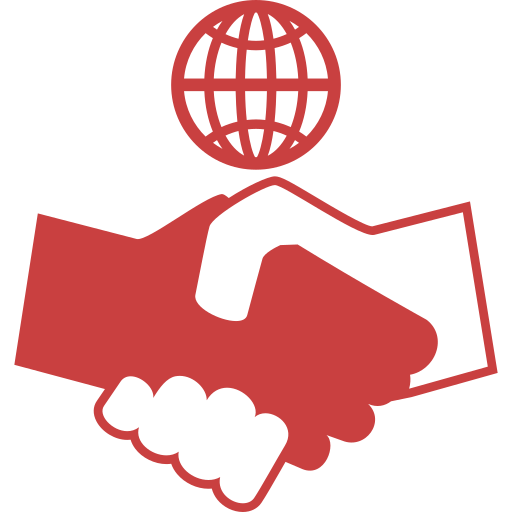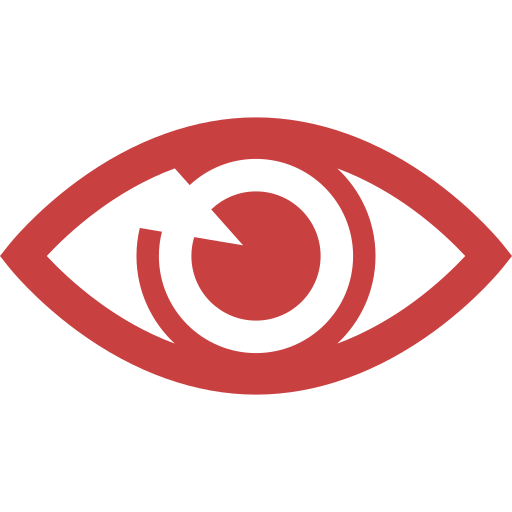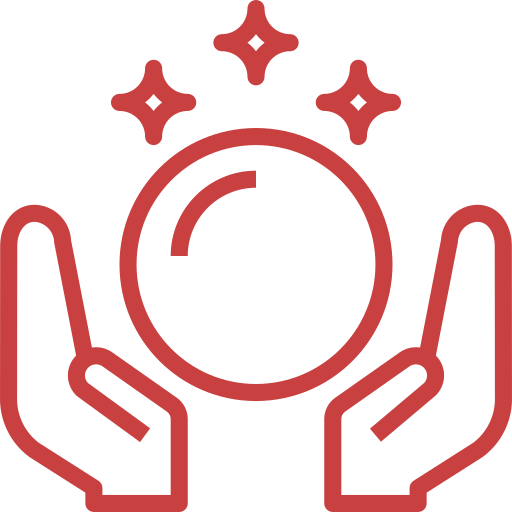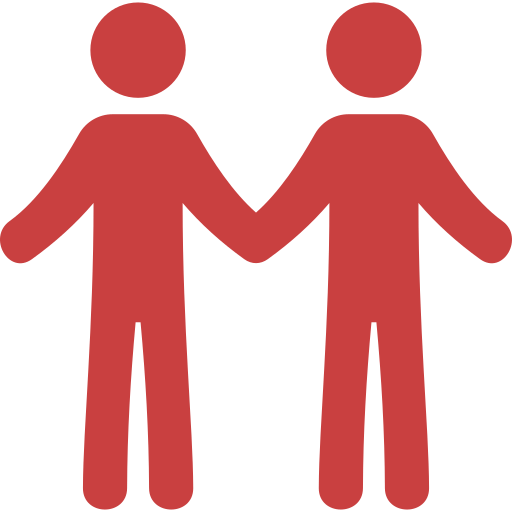Ways of Engaging/Being an Ally with ANS Communities

Introduction
Can white people or people who are not of African descent be counted on to speak up and confront anti-Black racism when they witness it? Too often, people are silent, become confused, react with defensiveness, or simply want to disappear. To understand what it means to be white in Nova Scotia requires persistent self-reflection.
Many white people assume that good intentions and eagerness to help are enough. White people begin relationships with African Nova Scotians or ANS organizations expecting to be liked and trusted. But trust isn’t something that is granted simply because you finally showed up. Trust has to be earned — it is an active process.
-

"knot of pacification/reconciliation"
symbol of reconciliation, peacemaking and pacification
An ally recognizes that though they are not a member of the marginalized group(s) they support, they make a concerted effort to better understand the struggle and they take action. Because an ally might have more privilege (and recognizes this privilege), they can be powerful voices alongside marginalized ones. As an ally, you’ll need to be willing to own your mistakes and be proactive in your education. Being an ally isn’t an identity, it’s the actions you take, hopefully all the time and every time you witness racism.

-

"chain link"
symbol of unity and human relations
A reminder to contribute to the community, that in unity lies strength
Privilege
Privilege is any unearned benefit, opportunity or advantage given to someone because of their identity. Privilege is about power and the way it can sometimes be held by certain people because of one or more parts of their identity: things like race, religion, gender, sexuality, class, or ability.
“White privilege is an absence of the consequences of racism. An absence of structural discrimination, an absence of your race being viewed as a problem first and foremost.”
Reni Eddo-Lodge, Why I’m No Longer Talking to White People About Race
Some examples of white privilege
The following examples come from Peggy MacIntosh's article, White Privilege: Unpacking the Invisible Knapsack. Check off all of the statements that apply to you. Consider whether or not this would apply should your race be different. To see the full list of examples, review MacIntosh's article.
Click on the knapsack to begin!

Reflection Activity:
We all have privileges. What are yours? Were you surprised by any of the privileges you found in your invisible backpack?

Implicit or Unconscious Bias
Unconscious bias refers to a bias that we are unaware of, and which happens outside of our control. Biases are thoughts and actions bypass our normal, rational, and logical thinking. Biases happen automatically when our brains are triggered into making quick judgements about and assessments of people and situations. These biases are influenced by our background, cultural environment, the media, and personal experiences. Left unexamined, unconscious biases may prevent us from making equitable, inclusive decisions.
“You have to get over the fear of facing the worst in yourself. You should instead fear unexamined racism. Fear the thought that right now, you could be contributing to the oppression of others and you don’t know it. But do not fear those who bring that oppression to light. Do not fear the opportunity to do better.”
Ijeoma Oluo, So You Want to Talk About Race
Peanut butter, Jelly and Racism
By Saleem Reshamwala, The New York Times
Test Out Your Unconscious Bias: Harvard test customized for Canada

Microagressions/ Microaffirmations
Microaggressions are everyday verbal or nonverbal slights, snubs, or insults, both intentional and unintentional, that communicate hostile or negative messages towards persons from marginalized groups.
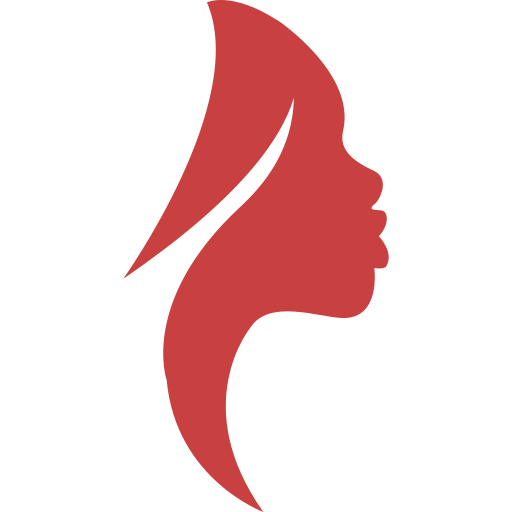
I love black people. My best friend is black.
Why do you sound so White?
Do you know my black friend Keisha?
You're really pretty for someone so dark.
Your name is too hard to pronounce. Can I call you Mary?
What do your people think about that?
You don't act like a normal Black person.
Can I touch your hair?
Where are you from? Where are you really from? No, where are you really, really from?
If Micro-Aggressions Happened to White People
By Franchesca Ramsey

Microaffirmations
Micro-affirmations are tiny acts of opening doors to opportunity, gestures of inclusion and caring, and graceful acts. Microaffirmations are tiny acts of opening doors to opportunity, gestures of inclusion and caring, and acts of listening.
Some examples of microaffirmations include:
- Understanding that microaggressions are real and very impactful
- Genuine listening
- Giving credit whenever possible
- Apologizing when we make mistakes
- Asking for and using people's preferred terms and language to identify them

Reflection Activity:
Have you experienced microaggressions, either giving or receiving? How did it feel?

Ways of Engaging with ANS Communities
Building relationships and trust are key to meaningful engagement with African Nova Scotian individuals and communities. This means African Nova Scotians are the experts of our own lives. We know what we need because we’ve been here for over 400 years. Service providers need to create safe spaces and openness to learning and acknowledging difference.

Becoming An Ally
Allies are people who recognize the unearned privilege they receive and take responsibility for changing these patterns of injustice and inequity. Being an ally isn’t an identity, it’s the actions you take, all the time and every time you encounter racism.
An ally:
- does not put their own needs, interests, and goals ahead of the people they are working with
- has self-awareness of their own identity, privilege, and role in challenging oppression
- is engaged in continual learning and reflection
5 Tips for Being an Ally
By Franchesca Ramsey


Reflection Activity:
How can you work towards allyship?

Cultural Pride- Education
As the province with the largest Indigenous Black population in Canada, it is important to understand the history and current realities of systemic racism in Nova Scotia.
Think of a few concrete examples of ways to learn more about the African Nova Scotian experience.
Hover to see some examples:
-

Examples
● Tour the Black Cultural Centre
● Learn about the history of Africville/ Visit the Africville Museum
● Visit the Birchtown Museum
● Participate in a Stop the Violence Walk
● Experience the NS Mass Choir
● Educate yourself on the Restorative Inquiry
● Read "The Teen Sex Trade: My Story" by Jade Brooks
● Visit the Black Loyalist Heritage Centre

